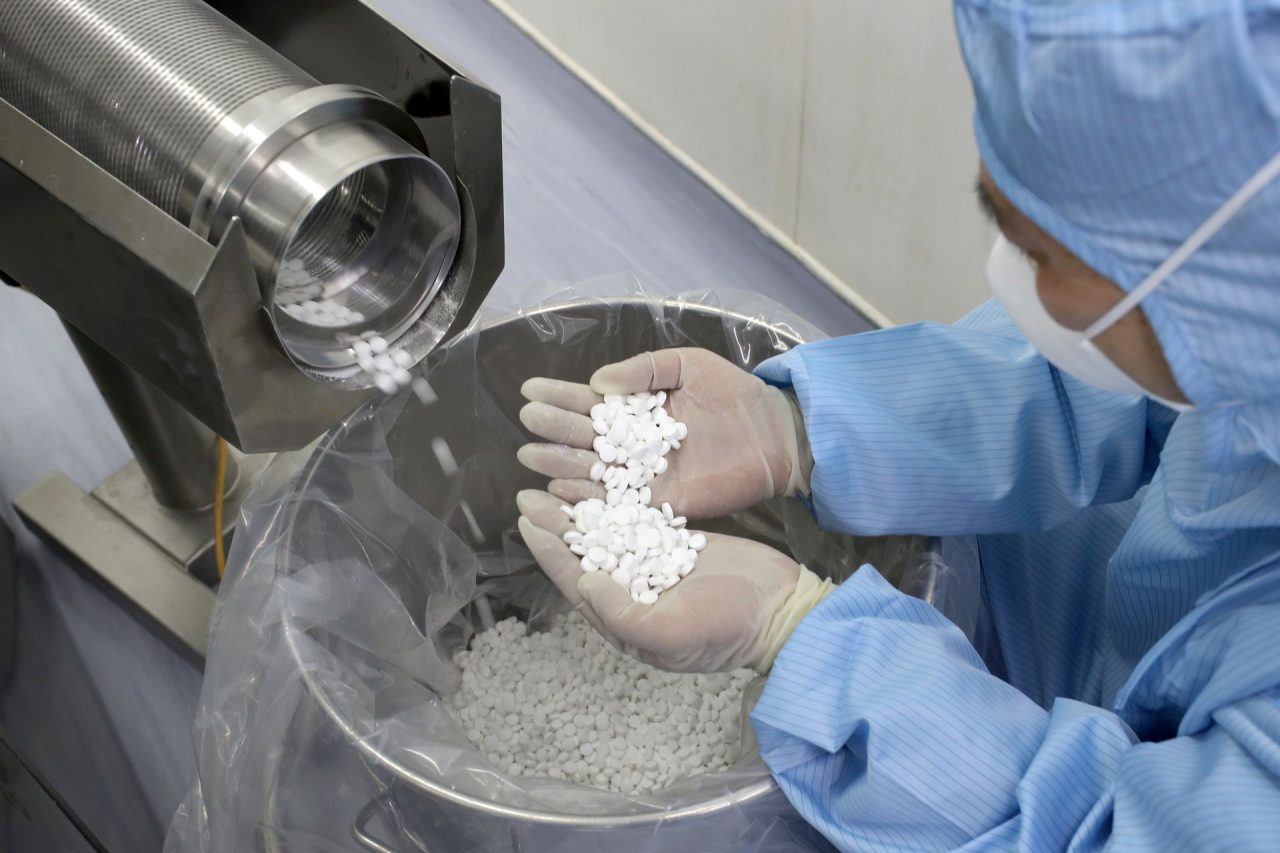Source: The Texan News Author: HAYDEN SPARKS
In a virtual town hall hosted by Sen. Bob Hall, some physicians highlighted the benefits of hydroxychloroquine and inhaled budesonide therapy in treating COVID-19.
In a press conference hosted by Sen. Bob Hall (R-Edgewood) on Wednesday, several practicing physicians promoted the benefits of early intervention coronavirus treatments, including hydroxychloroquine and budesonide therapy, and criticized the Texas Medical Board for allegedly deterring doctors from caring for their patients suffering from COVID-19.
Dr. Robin Armstrong characterized hydroxychloroquine as the “key” to preventing a patient’s condition from deteriorating to the point of requiring a ventilator.
Armstrong described a nursing home facility in which 55 residents and 31 staff members had tested positive for the coronavirus. He said that 38 of them were treated with hydroxychloroquine, all but one of whom eventually recovered.
Another physician, Dr. Richard Bartlett of Odessa, who was once appointed by former Gov. Rick Perry to the Texas Health Disparities Task Force, criticized a “failed strategy” of only treating patients who are in dire condition instead of pursuing proactive solutions.
Bartlett characterized another inexpensive treatment, inhaled or nebulized budesonide therapy, as a safe “silver bullet” for COVID-19, saying that he had experienced success with the drug in his own practice.
“If someone comes to the emergency room…and they say ‘I can’t breathe,’ then I’m going to help them breathe,” Bartlett said.
While the use of hydroxychloroquine for the coronavirus is controversial and not approved by the U.S. Food and Drug Administration (FDA), Dr. Brian Proctor of McKinney said that physicians commonly use medications to treat one illness that were originally intended for a different illness, which is called “off-label” use.
Proctor indicated that off-label use of medications is part of a physician’s training and should be practiced as long as it’s based on “good judgment” and evidence.
Dr. Richard Urso of Houston criticized the Texas Medical Board for interfering in the ability of doctors to effectively treat their patients with hydroxychloroquine.
“We have to worry about bureaucrats who don’t see patients who are basically now having to admit they’re wrong. That’s not going to happen. There’s no dialogue,” Urso said.
“I can’t worry about the bureaucrats because my patients are dying today. I don’t care if the board agrees or disagrees with me, and [I say that] as a practitioner seeing close to fifty patients a day and a lot of my patients with COVID who can’t get treated by other doctors are coming back to me to talk to me about it.”
Another physician, Dr. Dennis Spence of Tyler, emphasized that it’s important to apply common sense to conversations around the coronavirus. For example, Spence said that people should continue taking precautions like washing their hands and keeping their hands out of their eyes instead of solely relying on masks.
Dr. Tom Reed, a physician with over 35 years of experience, raised concerns over masks giving the public a false sense of security and the death rate of COVID-19 being blown out of proportion.
“There’s a saying that critical thinking is the first casualty of fear,” Reed emphasized.
While the World Health Organization (WHO) says that hydroxychloroquine is not an effective treatment for COVID-19, the usefulness of hydroxychloroquine for coronavirus patients is far from settled science.
The WHO admits that “more decisive research is needed to assess [hydroxychloroquine’s] value in patients with mild disease or as pre- or post-exposure prophylaxis in patients exposed to COVID-19.”
The Texas Medical Board has said that there is no surefire cure for COVID-19, and the demand for off-label early intervention treatments has grown.
Related: Rep. Louie Gohmert’s update on health following COVID-19 and his hydroxychloroquine treatment
Reno doctor says hydroxychloroquine has also helped dozens of his patients
Texan Dr treats self and then other COVID-19 patients with hydroxychloroquine

